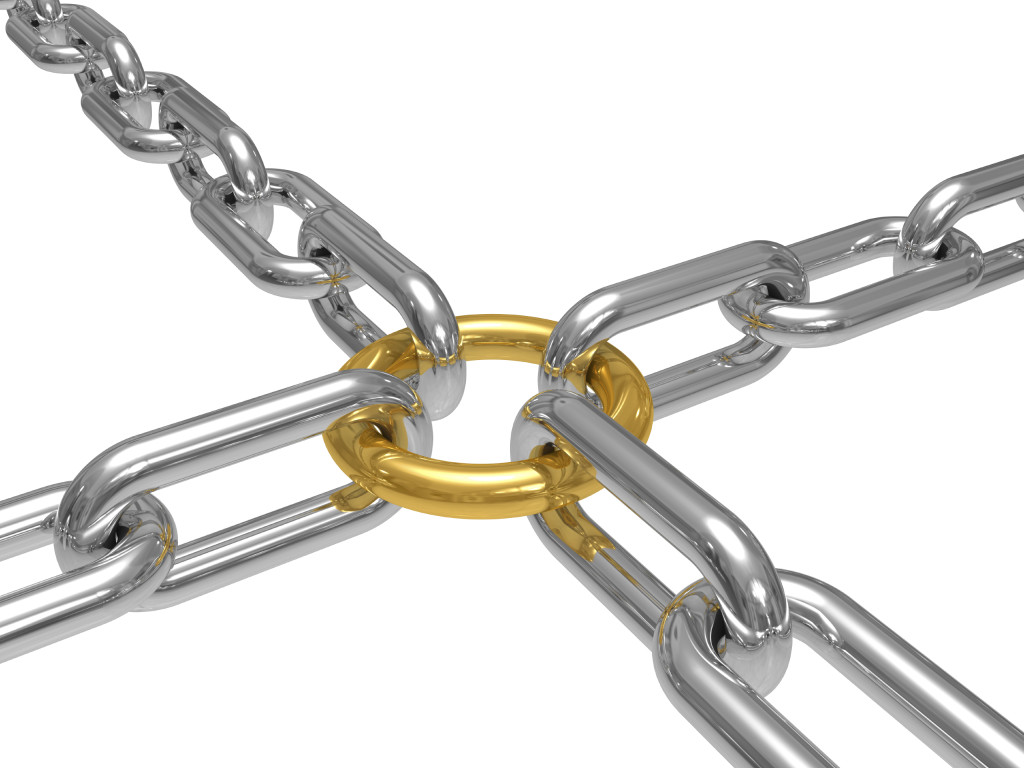Did Link building just become more important?
First off, the title is a little misleading. Link building hasn’t necessarily become more important, although, it’s importance has certainly been solidified. What I’m referring to is this video on link echoes from SEO authority, Rand Fishkin.
For those who don’t know, the most difficult part of SEO is understanding the importance of the various tactics in our SEO toolbox. You see, once the technical stuff is out of the way, there are a variety of things that we can do to encourage Google to recognize and attribute value to a site. We know that updating a site with high quality content through something like a blog is always good. Strong titles and metadata play a role, and of course the subject of this post: authentic inbound links.
Now, since we do not have access to Google’s algorithm, we can only speculate as to the value that Google attributes to these various SEO techniques. Each individual will have a different argument on how important the various techniques are, and might even have some proprietary insights as to how they’re achieving rankings with their clients. However, much of this is based on case-by-case examples, and what you might call circumstantial evidence. Enter MOZ.
SEO the Science
The MOZ team has been providing groundbreaking insight through their blog, as well as from the mad science experiments from MOZCon for some time. By taking a scientific approach based on defendable research, SEOs are now beginning to collect tangible, objective information on how Google values websites.
Link building: SEO 101

Link building has been a pillar of SEO for some time. We know there’s great value here, however, there has been some speculation as to what happens to that value when the link is removed. Generally, we’ve thought that some, if not most of the value, remains, resulting in the term link ghost link/link echo, and Rand’s recent Whiteboard Friday seems to confirm that.
Ghost Link (aka Link Echo)

In the experiment, the team essentially boosted two separate web pages to page one of Google’s SERP using 22 high quality links. The pages were ranking 1st and 5th respectively once indexed. Then, they removed all 22 links to both pages. When Google indexed the pages once again, with the 22 links removed, the page in 1st position did not fall at all in the SERPs, and the page ranking in 5th dropped to position 6. What’s most interesting about this study (which was repeated multiple times I should add) is that after 18 weeks the pages still held strong.
Now, it’s important to note that there are some potential confounding variables. For example, once the pages started drawing additional traffic, the removed links may not have had as much of an influence on page rank as positive user data started coming into effect (ie: low bounce rate, click through, etc), or that some other unknown ranking factor may be at play. Although as Rand points out, this is pretty unlikely.
So, now we know that link echoes from high quality links are good for our ranking, but what about link echoes from links that Google deems unauthentic?
Win/Win
This is based on further speculation, but it’s fairly safe to assume that spammy links will not create an echo once removed. So it’s a win/win. If a site gets penalized for having unauthentic links, you can either remove the links manually, or have Google remove the association of the link to your site. In either case, there seems to be no resulting link echo.
If I lost you at SERP, don’t worry. The takeaway is this: link building remains huge for SEO, and the fact that you will still retain the benefits of a strong link even after the link has been removed simply enforces this.
If you’re in need of an SEO strategy that includes (among other things) link building, give us a shout! We’re always happy to talk SEO, links, or anything to do with your online marketing strategy!

